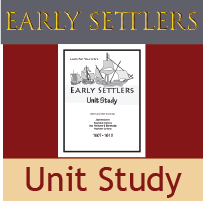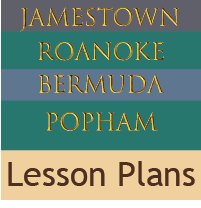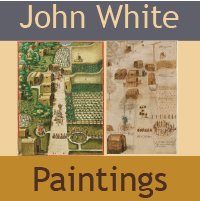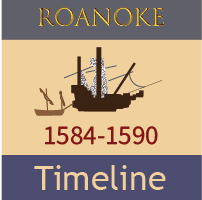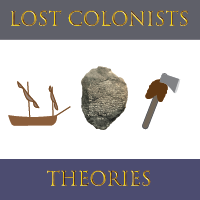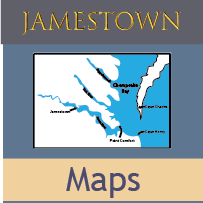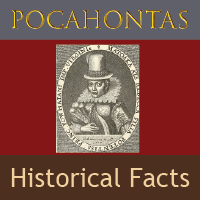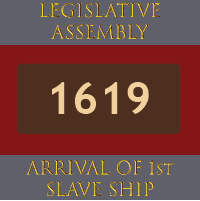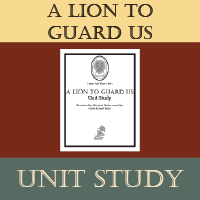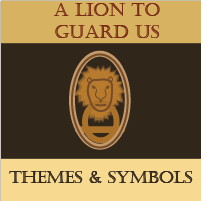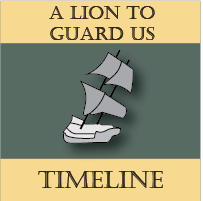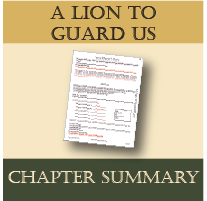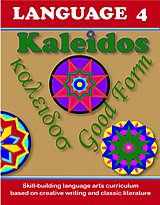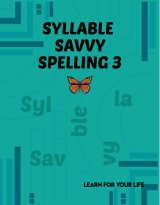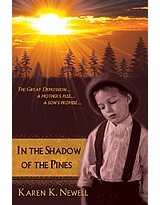Real Pocahontas
Pocahontas was a real historical character, but what is truth and what is legend? This is PART II of the article Facts About the Real Pocahontas.
Part I: Facts #1 - 9 about Pocahontas
The facts below follow that event. See the statements from the first page regarding the accuracy of the documented accounts.
#10 Pocahontas Chose to Stay with the English When her Father Would not Pay the Ransom
From: Hamor's A True Discourse
Author - Ralph Hamor; Written 1614, Published 1615
Date of Occurrence: About March 1614Almost a year after she was abducted, she went by boat with Ralph Hamor to the Powhatan tribe.
I put myself into Captain Argall's ship; with a hundred and fifty men in my frigate and other boats, went into Pamaunkie River where Powhatan hath his residence, and can in two or three days draw a thousand men together. With me I carried his daughter, who had been long prisoner with us. It was a day or two before we heard of them... The king's daughter went ashore, but would not talk to any of them, scarce to them of the best sort, and to them only that if her father had loved her, he would not value her less than old swords, pieces, or axes; wherefore she would still dwell with the Englishmen who loved her.
While it may seem unusual she would not choose to go back with her own people, it should be noted that there were several natives who chose to live with the English and several Englishmen who chose to live with the natives. Often (but not always) they started out as hostages but didn't want to go back. Sometimes people ran away and chose not to come back. Sometimes they were punished for deserting to the other side, but this did not stop them.#11 She was Baptized as a Christian
During the period of her captivity, Pocohontas was taught to read (likely from the Bible), was educated by the Reverend Whitaker, and was under the supervision of Thomas Dale (a strict marshal who was temporary acting governor during Governor De La Warr's absence.)From Letter From Sir Thomas Dale to Mr. DM in London
As Published in True Discourse by Ralph Hamor - 1615
Date of Occurrence: Early 1614Powhatan's daughter I caused to be carefully instructed in Christian religion, who after she had made some good progress therein renounced publicly her country idolatry, openly confessed her Christian faith, was as she desired baptized.
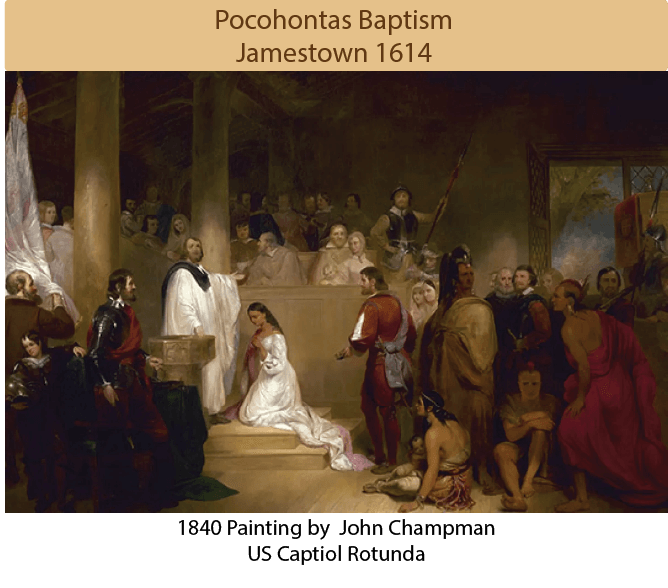
The chapel and her dress are much more elaborate than the early Jamestown colony would have provided.
#12 Took the Name of Rebecca at Her Baptism
While Pocahontas adopted the name of Rebecca after her baptism, she was continued to be called Pocahontas which was, as described above, apparently her childhood nickname and the name by which she would be known in history.From "The Generall Historie of Virginia, Book 4
Author - John Smith: Published 1624
During this time, the Lady Rebecca, alias Pocahontas, daughter of Powhatan, by the diligent care of Master John Rolfe, her husand and his friends, as taught to speak such English as might well be understood, well instructed in Christianity, and was become very formal and civil after our English manner.
The Real Picture of Pocahontas
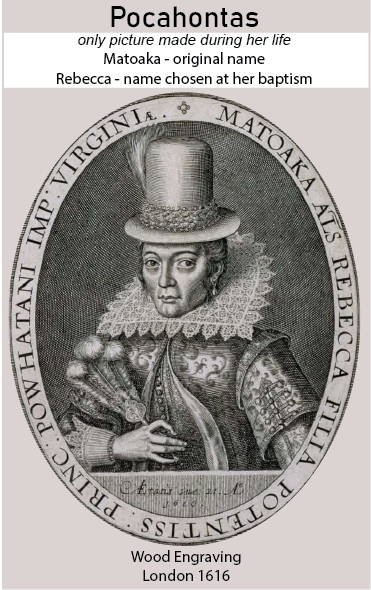
In Latin: "Matoaka, alias Rebecca, daughter of the powerful chieftain Powhatan, emperor of Virginia"
#13 Pocahontas Married John Rolfe in 1614
Pocahontas and John Rolfe
While history may have tied her name to John Smith's; marriage tied Pocahontas with John Rolfe - a less colorful settler.Letter From Rolfe to Dale Requesting to Marry Pocahontas
As Published in True Discourse by Ralph Hamor - 1615
Date of Marriage: April 5, 1614Pokahuntas, to whom my hearty and best thoughts are and have a long time been so entangled and enthralled in so intricate a labyrinth, that I was even a-wearied to unwind myself thereout
From: A True Discourse
Author - Ralph Hamor; Written 1614, Published 1615
Long before this time, a gentleman of approved behavior and honest carriage, Master John Rolfe, had been in love with Pocahuntas and she with him; which thing at the instant that we were in parley with them myself made known to Sir Thomas Dale by a letter from him (short quote from that lengthy letter from Rolfe to Dale is above) whereby he entreated his advice and furtherance in his love, if so it seemed fit to him for the good of the plantation. And Pocahuntas herself acquainted her brethren therewith. Which resolution Sir Thomas Dale well-approving was the only cause he was so mild amongst them, who otherwise would not have departed their river without other conditions.
The bruit ie "news" of this pretended marriage modern translation would be "intended marriage before it happened" came soon to Powhatan's knowledge - a thing acceptable to him, as appeared by his sudden consent thereunto, who some ten days after sent an old uncle of hers, named Opachisco, to give her as his deputy in the church, and two of his sons to see the marriage solemnized; which was accordingly done about the fift of April And since we have had friendly commerce and trade not only with Powhatan himself but also with his subjects round about us
From Letter From Sir Thomas Dale to Mr. DM in London
As Published in True Discourse by Ralph Hamor - 1615
...and is since married to an English gentleman of good understanding, as by his letter unto me containing the reasons for his marriage of her you may perceive, another knot to bind this peace the stronger. Her father and friends gave approbation to it, and her uncle gave her to him in the church. She lives civilly and lovingly with him
Kocoum?
Had Pocahontas previously been married to someone else prior to her marriage to John Rolfe?There is one reference in the writing of William Strachey about Pocahontas marriage to Kocoum. Read two theories about the identity of Kocoum.
#14 Her Son Thomas was born 1615
Pocahontas and John Rolfe had a son named Thomas in 1615. The location of his birth is not recorded, but likely at their home on Varina Estates, a few miles upriver from Jamestown.There are not many quotes about Thomas contemporaneous with his mother's life. He was taken to England as an infant and grew up there. He returned to Virginia after both his parents had died.
#15 She & Rolfe Traveled to London
Pocahontas & the Virginia Company
The Virginia Company paid for Pocahontas and Rolfe to travel to England to promote the work of the colony. She met King James and Queen Anne and favorably impressed all of London.Purchas His Pilgrims
Samuel Purchas; Published 1625
Date of Occurrence: June 1616 - Jan 1617...came over at the same time John and Rebecca Rolfe, arriving in Plymouth in early June...Master Rolfe lent me a discourse which he had written of the estate of Virginia...And his wife did not only accustom herself to civility but still carried herself as the daughter of a king, and was accordingly respected not only by the Company, which allowed provision for herself and her son, but of divers particular persons of honor in their hopeful zeal by her to advance Christianity. I was present when my honorable and reverend patron, the lord bishop of London, Doctor King, entertained her with festival state and pomp, beyond what I have seen in his great hospitality afforded to other ladies.
While in London she had her portrait painted, which was made into the woodcarved image above. (They had no other means of replicating colored portraits into books in the 17th century.)
#16 She had a tense reunion with Captain John Smith
Her reunion with Smith was 9 years after the dramatic captivity that has long been associated with the two of them. Pocahontas, it is obvious, was not pleased with him and he was honest enough to admit that the woman who impressed London was not duly impressed with him.From "The Generall Historie of Virginia, New-England, and the Summer Isles
Author - John Smith: Published 1624
Date of Occurrence: 1616 to 1617
Being about this time preparing to set sail for New England, I could not stay to do her that service I desired and she well deserved. But hearing she was at Branford with divers of my friends I went to see her.
After a modest salutation, without any word, she turned about, obscured her face, as not seeming well contented. And in that humor, her husband with divers others we all left her two or three hours, repenting myself to have writ she could speak English.
But not long after, she began to talk and rememb'red me well what courtesies she had done, saying, "You did promise Powhatan what was yours should be his, and he the like to you. You called him father, being in his land a stranger, and by the same reason so must I do you" which though I would have excused, I durst not allow of that title because she was a king's daughter. With a well set countenance ie "stubborn look" she said, "Were you not afraid to come into my father's country, and caused fear in him and all his people? And fear you here I should call you father? I tell you then I will, and you should call me child, and so I will be forever and ever your countryman. They did tell us always you were dead, and I knew no other till I came to Plymouth (Plymouth, England, port of entry of their ship.) Yet Powhatan did command Uttamatomakkin to seek you,and know the truth, because your countrymen will lie much."
Transliteration: "You called Powhatan "father" while in his land so I will call you "father" in yours." The same spunk that characterized her childhood is still present.
Likely she was shocked to see him alive, insulted he had not shown himself sooner ("oops, why didn't I write sooner?") and allowed the blame for the lie others told her to fall on him. ("You're all a bunch of liars.")
I'd say it was a queenly smack-down.
But, perhaps, their friendship may not have ended there:
The small time I stay'd in London divers courtiers and others my acquaintances hath gone with me to see her
#17 She died onboard ship on the return journey.
What Happened to Pocahontas in the End?
Before the ship left the Thames River, she and her son became ill and they went to shore. She died and was buried in Gravesend, England. Her son was sent to live with Rolfe's relatives so he would not die in the cross-Atlantic journey.From Personal Letter to Sir Edwin Sandys
Author - John Rolfe - June 1617
Date of Occurrence: March 1617My wife's death is much lamented; my child much desired when it is of better strength to endure so hard a passage, whose life greatly extinguisheth the sorrow of her loss, saying all must die, but 'tis enough that her child liveth.
Hence we have her last words, or near last words, which are indirectly quoted above. In first person it would be: "All must die, it is enough that the child lives."John Rolfe's grief seeps through the official letter written to Edwin Sandy's, a member of British Parliament - not someone he would pour his heart out to.
And although great is my loss, and much my sorrow to be deprived of so great a comfort and hopes I had to effect my zealous endeavors and desires as well in others as in her whose soul, I doubt not, resteth in eternal happiness
The two year old Thomas was left in England due to the same illness his mother had, and was raised by Rolfe's brother. Thomas returned to Virginia after his father's death and inherited his estate.#18 The Peace of Pocahontas Lasted
5 Years After Her Death
The marriage between Pocahontas and Rolfe resulted in "the peace of Pocahontas." It continued five years after her death until after the death of Powhatan, her father. Her uncle, Opechancanough, organized the 1622 massacre that led to the death of approximately one-third of the settlers. John Rolfe's death is listed as 1622 - the cause unknown. Perhaps he died in that conflict.
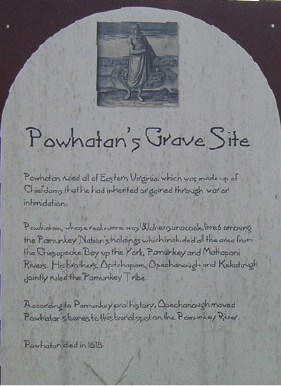
The death of first Pocahontas and then Powhatan led to the end of Peace of Pocahontas.
Get the Early Settlers Unit Study
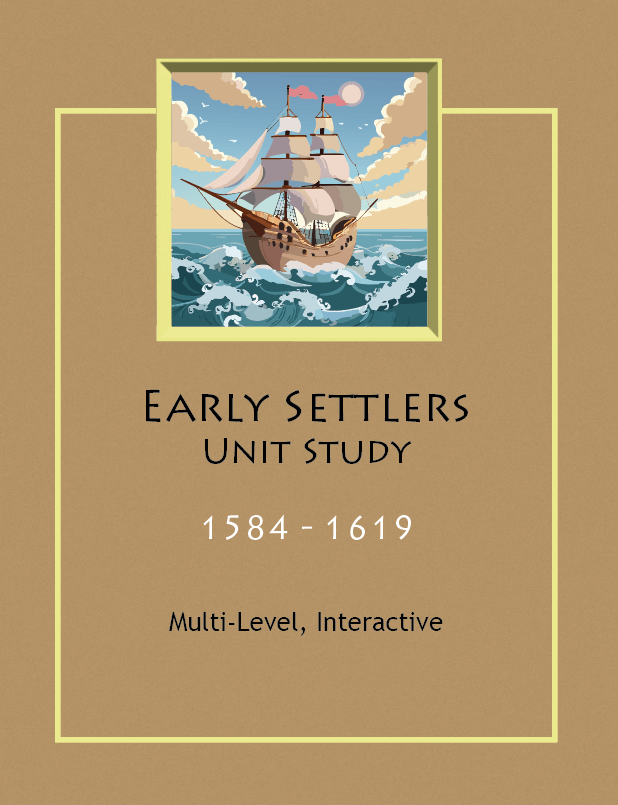
Available in Paperback OR Printable Download
199 pages (Includes Student Pages, Teacher Key, Schedule, Maps, Activities, and More)
Print It Now
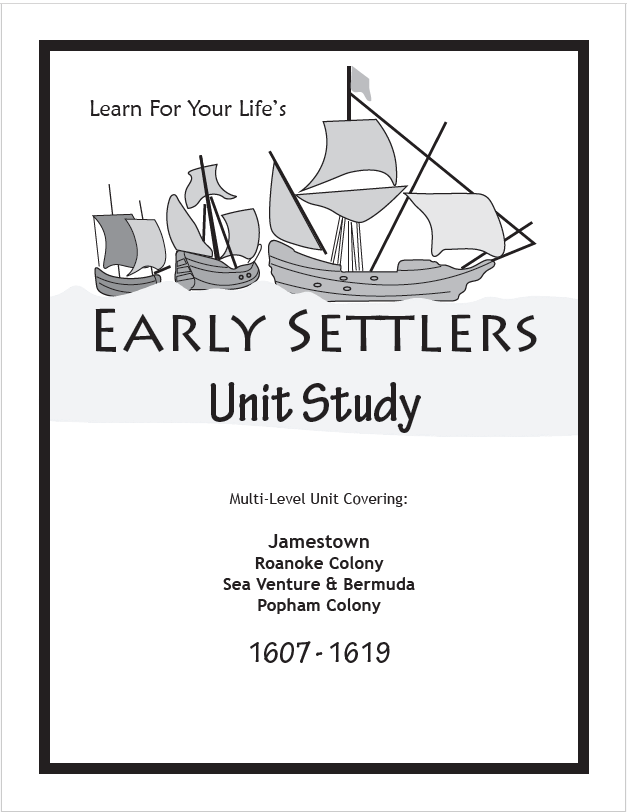
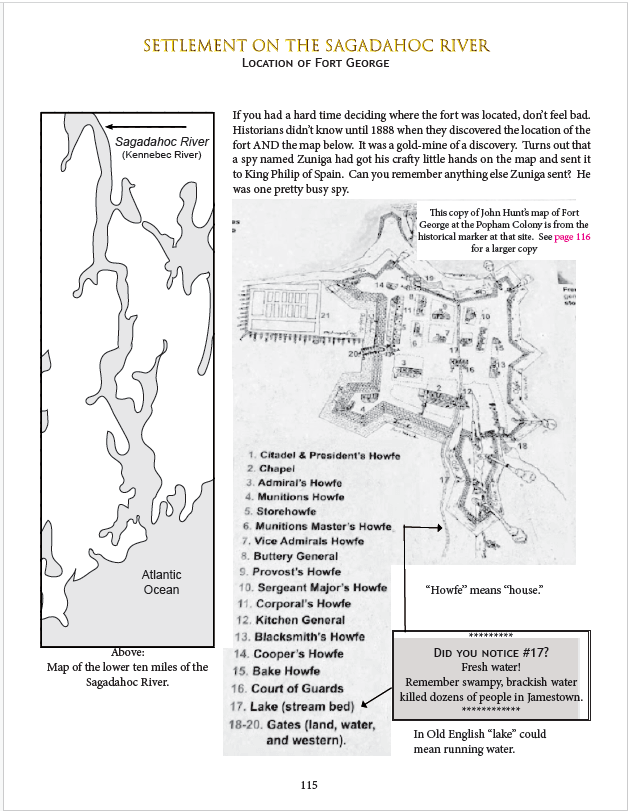
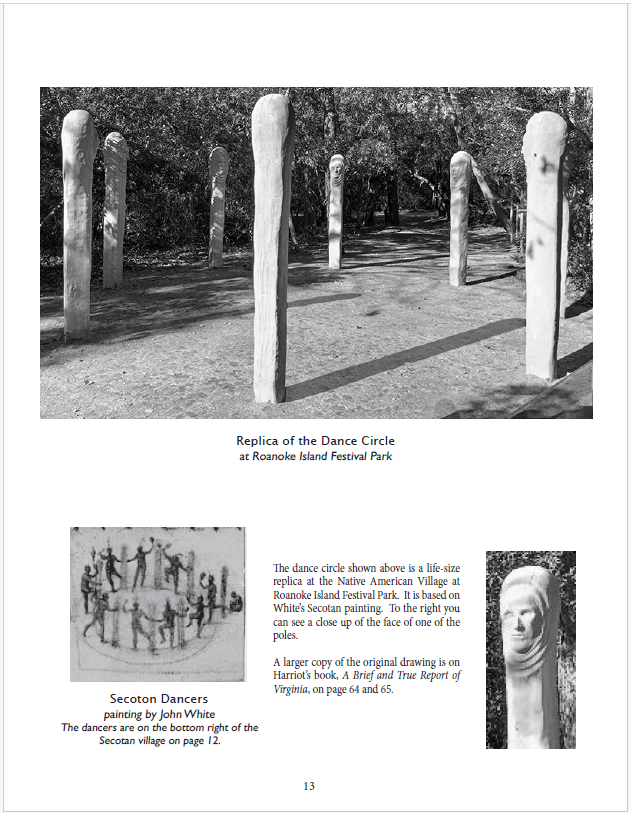
Student and Teacher's Material Included
$5.99 Download - 199 pages
![]()
Softcover Edition - Mailed to You
The same pages are in the softcover book and the printable file. Bound copy is great for repeat use or co-op leaders.
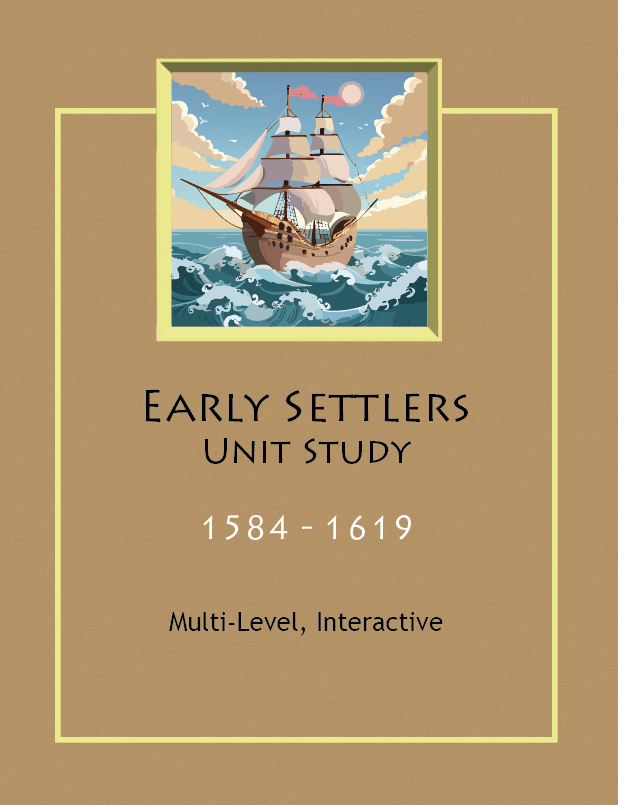
![]()
16.95 Soft Cover Manual
199 pages
Mailed to You
Early Settlers Pages
Check out our other pages for the Early Settlers Unit Study
Get the Lion To Guard Us Unit Study
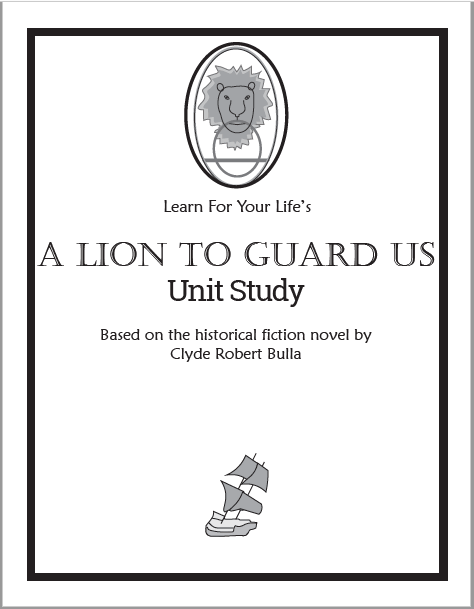
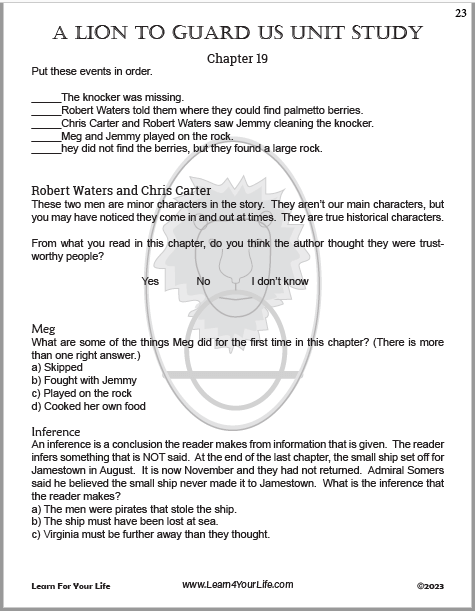
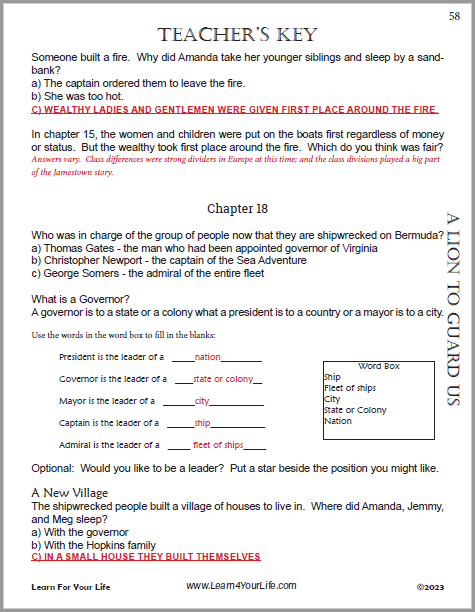
Student Guide AND Teacher's Answer Key Included
$2.99 Download - 78 pages
![]()
Our pages for A Lion To Guard Us
Clyde Bulla's Historical Fiction of Jamestown & the Sea Venture

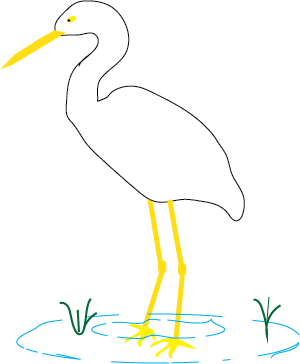
About Our Site
Hands-On Learning


